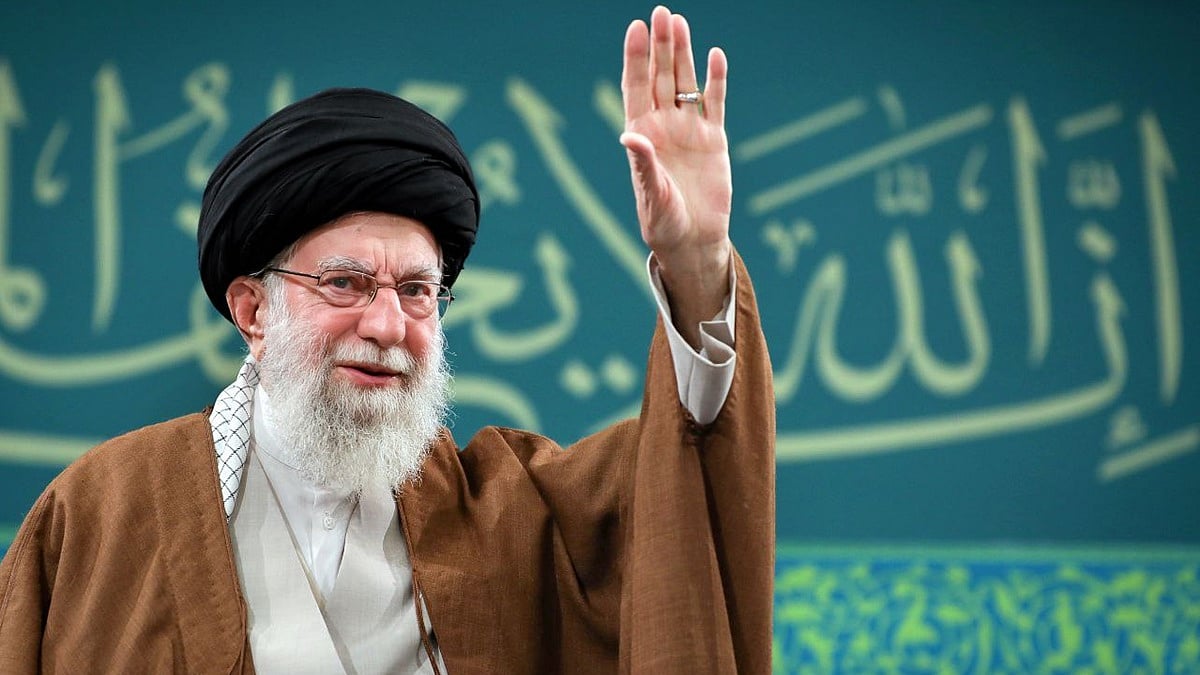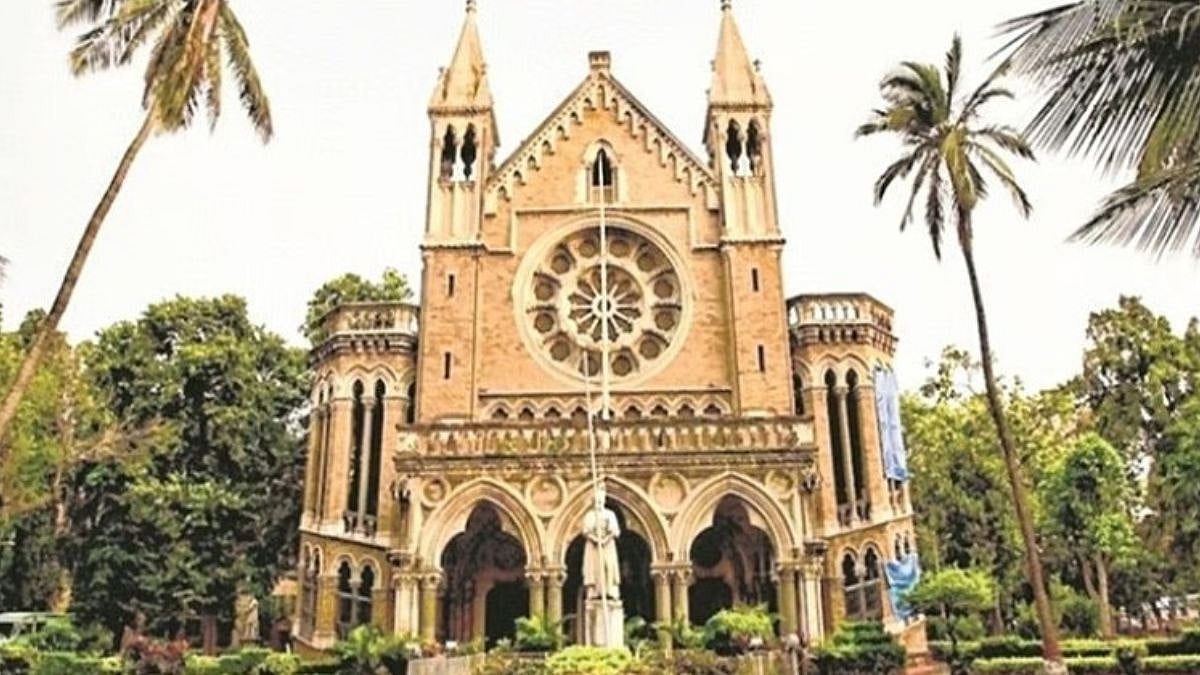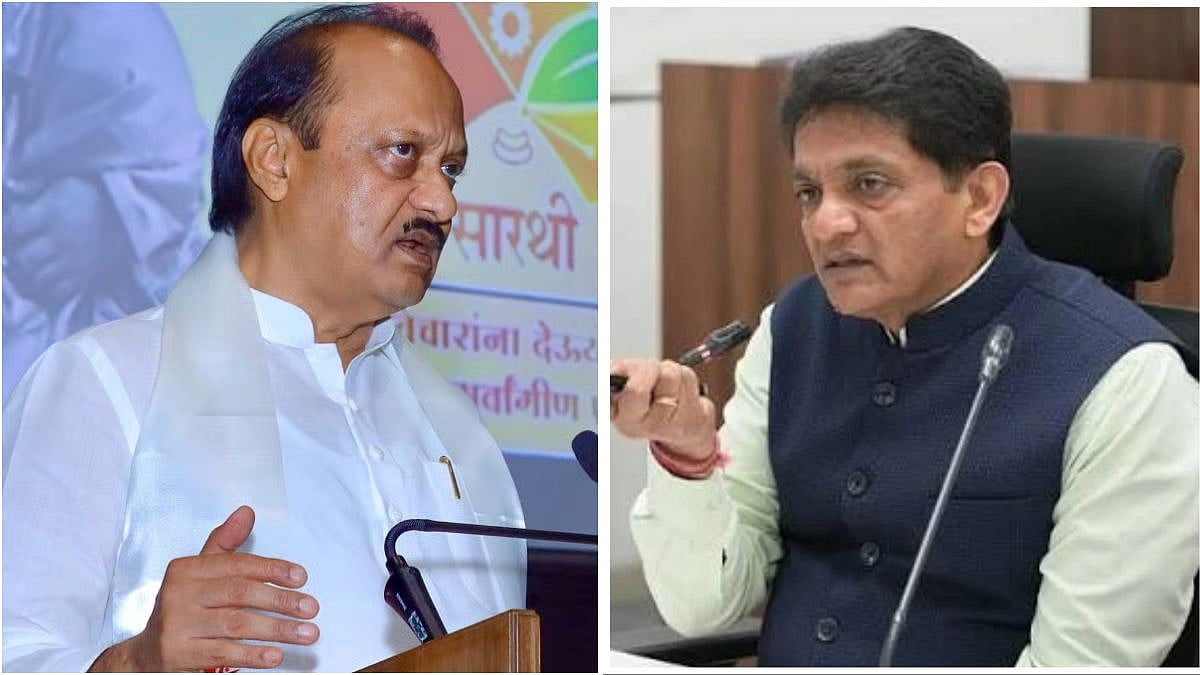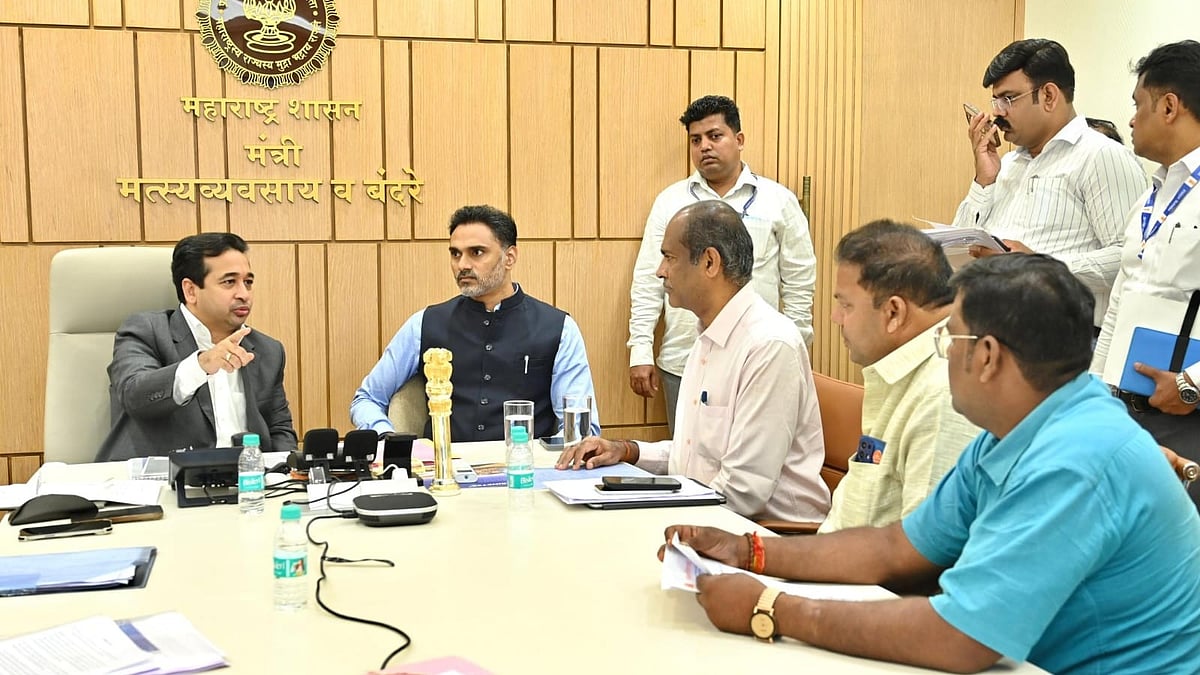Edited excerpts:
What is the thought behind the conceptualisation of the Foundation?
This is a personal initiative on the part of Harsh Mariwala. His journey—from inheriting a small business to transforming it into a professionally-run large corporate entity with well-known brands—does not need elaboration.
Having stepped away from active management of Marico Limited, the next challenge for him was how to re-invent himself and keep himself a relevant contributor to industry.
During this journey, he identified three areas of interest —the upcoming entrepreneur, the innovation space and the mental health space. This is where he started his diverse activities.
The Marico Innovation Foundation has an award function every two years where it recognises innovation. Our Foundation is in the entrepreneur mentoring space.
ASCENT basically aims to create an ecosystem for SMEs to be able to learn from each other's experiences. His purpose is that those entrepreneurs should develop quicker and with lesser pain, something that he would have wanted during his journey.
The challenge for SMEs is to get access to good quality viewpoints from external sources. Peer learning is vital. This is the aspect that fascinated me personally.
In a career spanning 16 years, I worked with HSBC for eight years. Then took a sabbatical wherein I was involved in social causes. Then, on deciding to resume a career, the offer to head this initiative was the most exciting I could envisage, because I could step away and learn new things as well as contribute to the system processes via my strong grounding.
I would want to emphasise on the massive empowerment that I have received from Harsh Mariwala in my four years here. My team here is small but their contributions are strong from all of them.
How exactly did your foundation build the ecosystem?
Scrutinising is a vital part of our process. We do rigorous scrutiny and filtration for SMEs applying to be members. Application is online and the primary criteria for manufacturing businesses is Rs 5 crore revenue and a matching figure of Rs 1 crore for service businesses.
The next stage of curation is to get the shortlisted companies into a group interaction, to assess both their comfort in a group environment and their ability and intent to contribute.
The net result is shortlisting of roughly 100 entrepreneurs on annual basis. We also appreciate that psychoanalysis of promoters is not possible beyond a level and that does sometimes lead to lesser than optimal outcomes. But at the end it is an evolution process.
Once a member, the entrepreneur is put into a smaller group of 10-20 companies, termed as trust groups. These are diverse in nature and similar in age and activity size.
Right now, across seven years of operations, we have 40 groups which encompass around 470 businesses. The groups are largely Mumbai based (36) with a presence in Chennai (4).
For us, this is a lifetime commitment. When I came on board, the figure was 180 but the interactions and learning were not of the desired level, so we had to do some cleansing and the figure came down to 120 from where it has grown to the current 470.
How does a group function?
We aim for diversity in activity—around five entrepreneurs each from manufacturing, service sector, family-run businesses and first generation entrepreneurs.
Each group has at least one female entrepreneur. Such formation is challenging, but we don't have any other alternatives. We think this is the best way to serve the purpose. The age spectrum in a group could range from 23 years to upwards of 60 years.
In case you think this is only process driven, I may state here that I would know half the promoters personally. This personal touch is a vital element of our contribution.
How do the sessions get organised? What is your contribution?
Our main contribution is to provide structure to the discussion and keep a time frame. The structured discussion in itself is a learning for some. We keep the discussion tenure to three hours which serves two key purposes.
When every person understands this, there is less time for social and political talk. Next, when an entrepreneur knows he has limited time to present his burning issue, he prepares well and in advance, with inputs from his own team.
As far as the sessions go, I can confidently say that real-life experience is valued. Our contribution is hand holding in the initial stages; and marginal beyond, once momentum is visible.
We strongly believe that facilitation of best possible interaction is everyone's responsibility. No discussion reports come to us as those are highly confidential.
What happens in the group will stay in the group, which is what makes it a truly safe interaction and non-judgemental. Discretion is paramount, through self control rather than anything else. That is how we create a differentiation.
How do you finance ASCENT Foundation’s activities?
There are two aspects to the working costs—the internal foundation work cost and external costs, right from member interactions to the events. If you refer to the working of the foundation, it is entirely financed from Harsh Mariwala as a part of his personal philanthropy.
Coming to members, the group meetings are entirely self-funded. Another aspect is that from this year onwards, we have started taking a sum of Rs 10,000 from the members.
This represents the benefit of access to the curated trust group, access to six-eight events, and overall to the learning platform. In that context, the fee does not sustain the events.
So we depend on sponsorships from organisations who recognise the aggregate value of growing corporate bodies. They would look at it as a potential client base, like say the financing industry.
Non-members would definitely have a higher charge for the same access and to understand what the foundation does offer. We would differentiate ourselves from the typical NGO in the sense that we are a catalyst and they are more into giving of benefits.
If you look at our conclave events, we specifically exclude start-ups because we know that our basic brand represents growth-ready entrepreneurs wanting to talk to different components of the ecosystem.
It also helps that we have never been a transaction group. We are and always will be a catalyst force. A typical conclave event would have 500-700 people in participation with say 200 members and 100 guests, and the rest being non-members.




